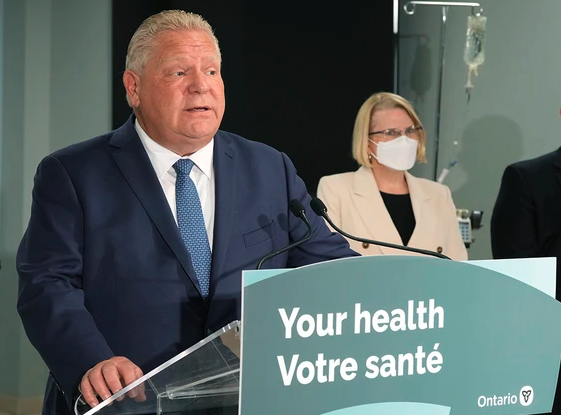
In case you missed my op ed. It’s available on the NP website also.
Albertans re-elected Danielle Smith’s United Conservative Party with a majority last week. Smith now offers a chance to change the way we think about health care — a radically conservative vision. What might that include?
Many conservatives trumpet out-of-pocket payments as the embodiment of conservative health-care policy. Danielle Smith’s critics inflamed fears of patient payment central in their campaign attacks.
One month before the election, Smith took out-of-pocket payments off her campaign table.
“I believe actions speak louder than anything,” said Smith. “One of the first things I’ve done as premier is sign a 10-year, $24-billion health-care agreement with the federal government, where we jointly agree to uphold the principles of the Canada Health Act.
“One of those main principles is no one pays out-of-pocket for a family doctor, and no one pays for hospital services. That’s in writing.”
Smith’s pledge of allegiance to the Act sounds like other conservatives who have caved before her. True, Smith might govern health care like other “conservative” governments. But her pledge need not bind her. A big opportunity lies at the heart of her pledge, if she has the courage to chase it.
The “accessibility” principle of the Canada Health Act bans out-of-pocket payments: “charges made to insured persons.” Out-of-pocket charges disqualify provinces for federal health transfer payments.
The accessibility principle is the only reason the CHA exists. The first four principles — public administration, comprehensiveness, universality, and portability — come from the Medical Care Act, 1966.
Many conservatives bristle at the Canada Health Act, precisely because of its ban on patient out-of-pocket payments. That is partly right but mostly wrong. Yes, the CHA prohibits federal transfer payments to provinces which allow user fees for medical services. But no, that is not why Canadian medicare suffers.
Conservatives bristle at the wrong end of the bill. Conservatives fume at federal overreach on access but forget the CHA’s first principle, public administration. Continue reading “‘Noses in fingers out’ – How Danielle Smith could transform healthcare (repost)”


